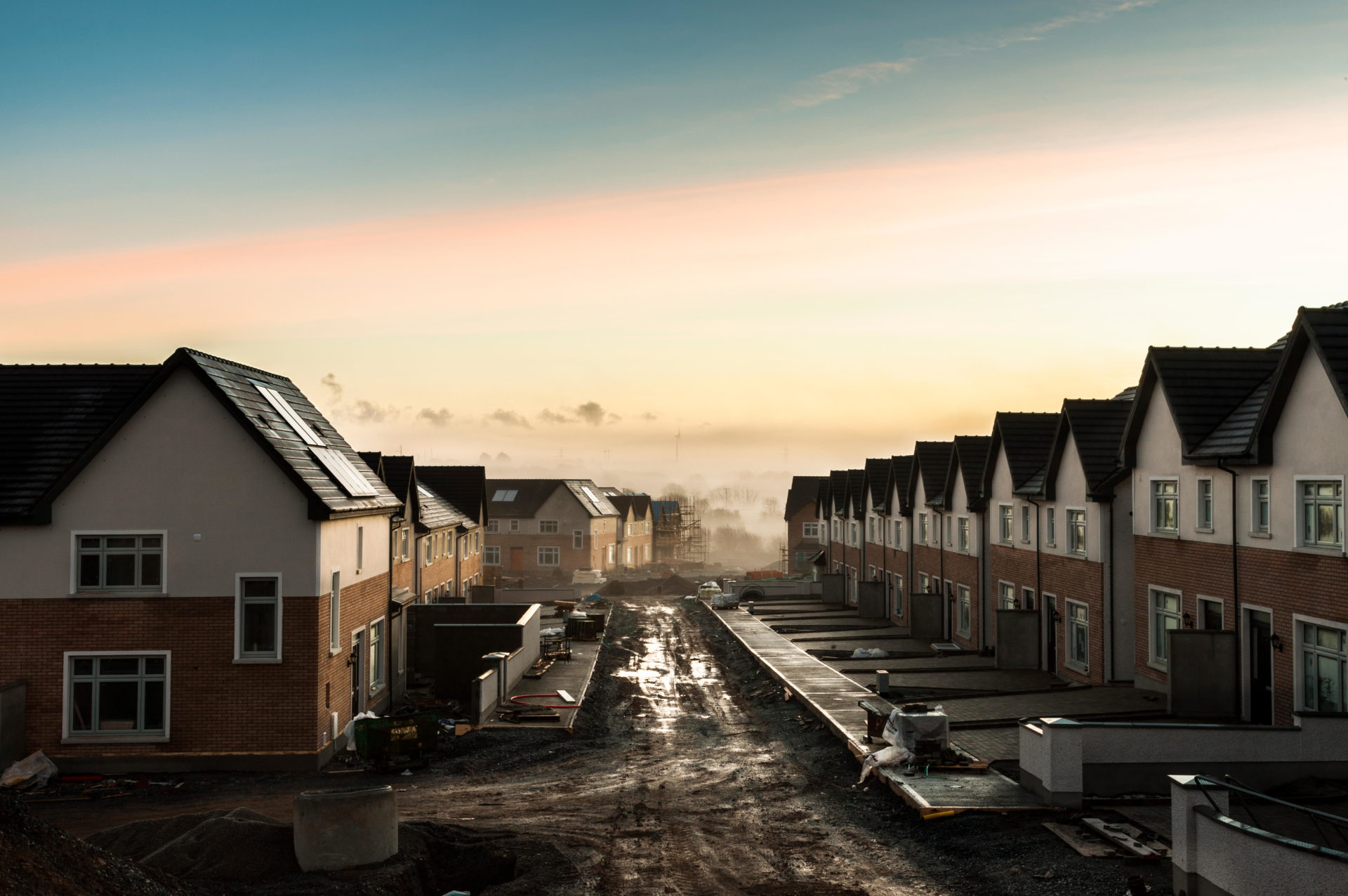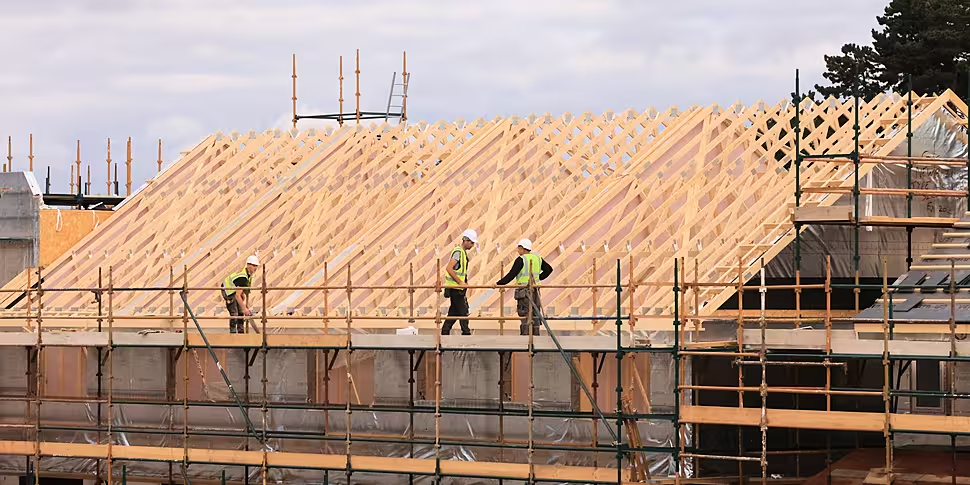Water shortages in Dublin could threaten the delivery of tens of thousands of new homes in the capital, the Irish Home Builders Association has warned.
Last week, Uisce Éireann said it might have to refuse to connect new homes in Dublin because the water supply in the capital is so overstretched.
In a report due to go to the Housing Minister Darragh O'Brien in the coming weeks, meanwhile, the Housing Commission will warn that issues with Ireland’s water infrastructure are threatening the Government’s house building targets.
On Newstalk Breakfast this morning, the Irish Home Builders Association (IBHA) Director Conor O’Connell said new homes simply can’t be built without the appropriate water supply.
“[Uisce Éireann] have given the Government a very serious and significant warning that many of their projects need to be urgently activated,” he said.
“We need to plan them now [to] get the consenting process in place and we need to go through the system because, as we all know, it takes a long, long time.”
Mr O’Connell said the problem is likely to become more acute as housing targets will likely be increased in the year ahead.
“There’s the Housing Commission report that’s unpublished, we’re waiting on the ERSI Structural Housing Demand report as well,” he said.
“It is widely anticipated these will call for a significant increase in the number of units per annum - given our high population growth.
“We just need to forward plan a bit better in terms of the provision of infrastructure.”
 A housing estate under construction. Image: David Creedon / Alamy Stock Photo
A housing estate under construction. Image: David Creedon / Alamy Stock PhotoMr O’Connell also warned that the “lengthy” planning process is making the cost of building new homes more expensive.
Last year, 32,695 new homes were built in Ireland - exceeding the target the Government had set itself in its Housing For All plan by over 10%.
Despite this, Mr O’Connell said more could be built if there was reform to the planning process.
“It just takes a long time to get through planning in Ireland,” he said.
“We’ve got a common law system, some would say a very bureaucratic system, in relation to the consenting process for infrastructural projects.”
Experts have previously described the Government's housing targets as too low and last year, Taoiseach Leo Varakdar said by the end of the decade the State could aim to build 60,000 new homes a year.
If targets are to be increased, Mr O’Connell said, from the perspective of the construction industry, it would be better if the planning process was “speeded up”.
“If you delay your decisions in this environment, that’s going to add more costs to the delivery of homes and the delivery of projects,” he said.
In a statement to Newstalk, the Department of Housing described the Planning and Development Bill 2023 as the "largest reshaping of the planning system in Ireland for more than two decades".
A spokesperson also said the Government was working to increase the water supply in Dublin.
"There is no immediate threat to housing or economic development," he said.
"However, Government recognises that the vulnerability of current water supply, along with the requirement to meet the needs of future growth for business and households, means that a significant increase in capacity is needed.
"Many water sources in the region will be at capacity by the late 2020s and Government is working to address them in conjunction with Uisce Éireann."
Main image: A housing development in Newbridge, County Kildare. Image: Eamonn Farrell/RollingNews









